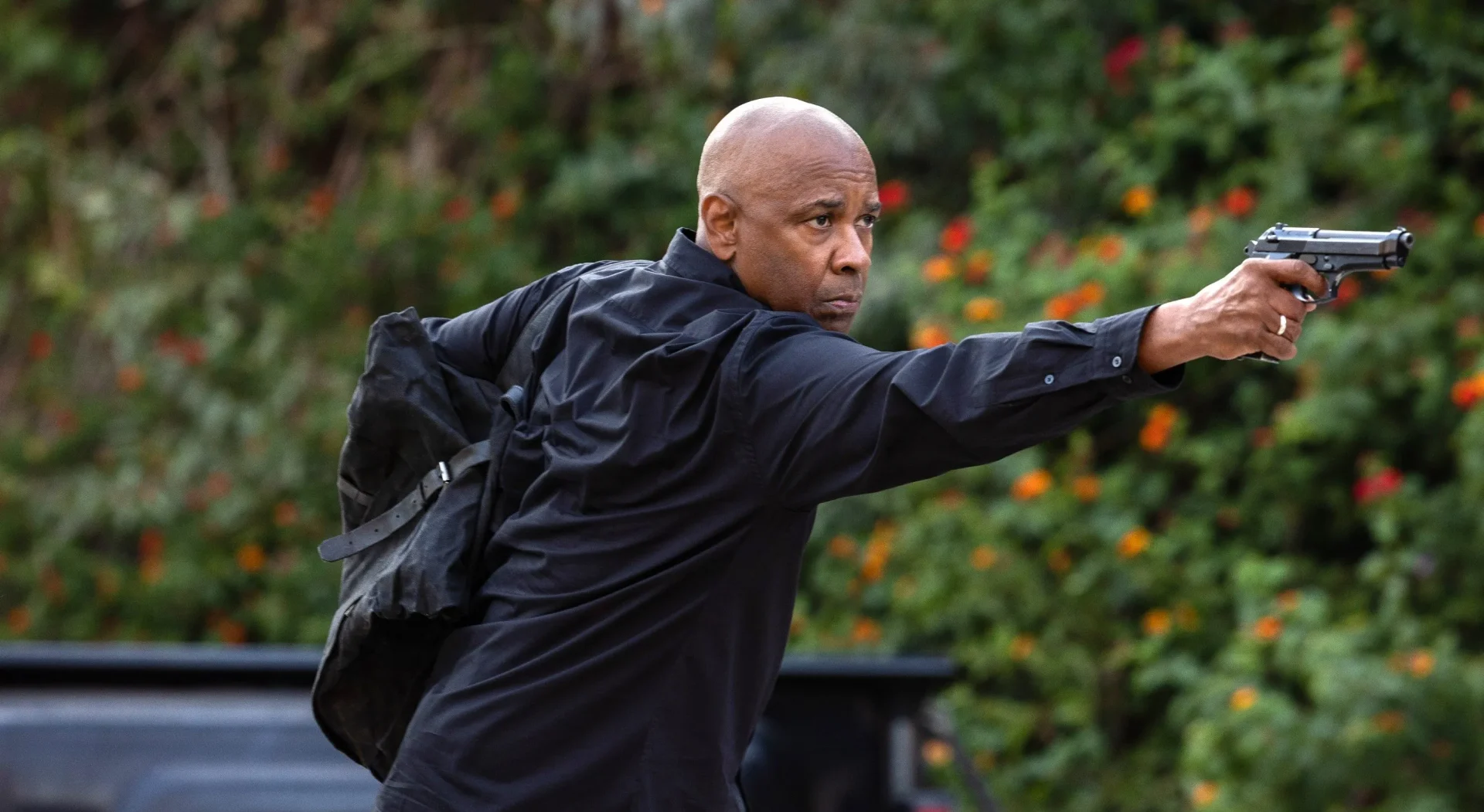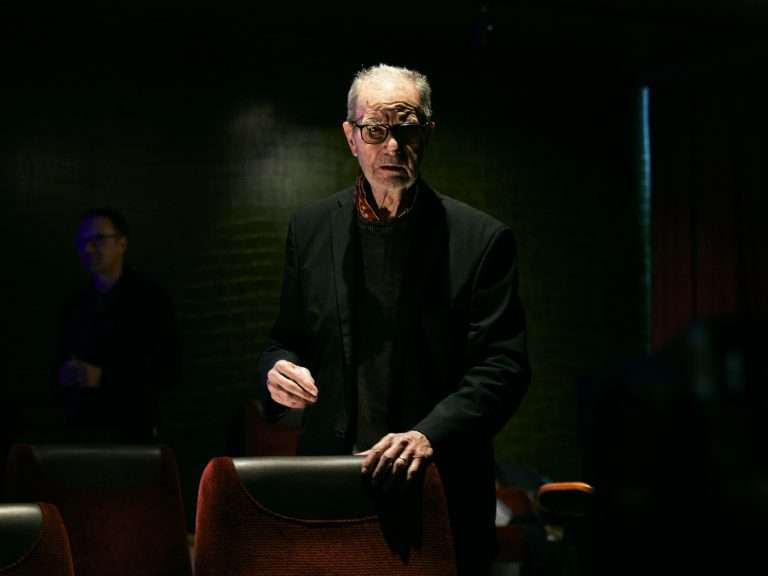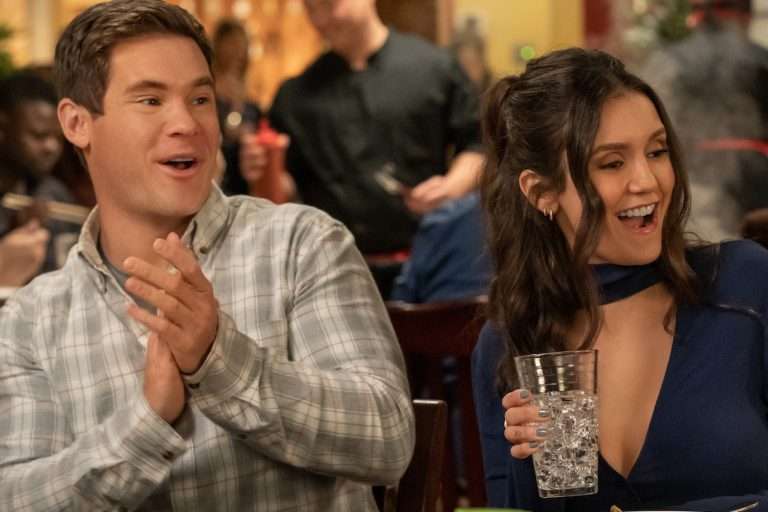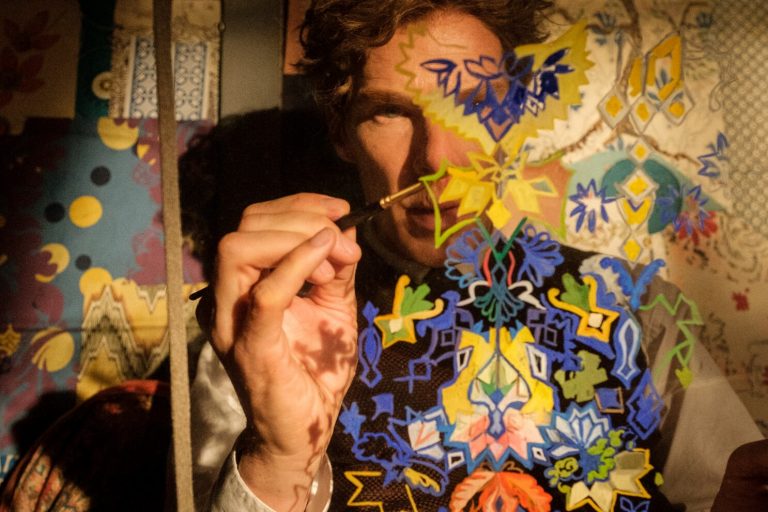The Equalizer 3 is a conclusion to a trilogy that never really needed a conclusion. But then again, The Equalizer happens to be a series that never really needed any extension, either. I found myself in a theatre with 4-5 others at an 11:20 PM show of The Equalizer 3, getting excited to finally watch one of my favorite actors on the big screen. Every decision made until that point was worth it because when Denzel Washington occupies a frame, I can see only him. His presence overshadows everyone else. To deliver on the promise of Denzel’s overarching screen presence, The Equalizer 3 begins with a brilliant opening scene establishing the dread in the aftermath of Robert McCall’s arrival.
Robert leaves a trail of bodies as if he is on a self-appointed mission, and one begins to anticipate him. When his circumstantial foe finally confronts him, he presents before them a set of options to choose from and do the right thing. But his signature confrontation is marked by the urgency of time. The circumstantial foe has to make the “lesser harmful” choice in a matter of seconds. The mechanisms are kept predictable to design a handful of tropes associated with The Equalizer. In the course of three films, Robert’s character has evolved to carry a distinct identity of his own.
Robert McCall is identifiable in a set of assassin/secret agent/hitman characters from fiction. And his reputation is solely built on his simplistic goodness and combat skills. There is certainly a mystery to the character, but not much depth. He remains at a distance from the audience, and the question about who he exactly is is never answered. The fractures in his moral code are apparent because they render his goodness shortsighted. He causes life-altering happiness to many individuals, but he doesn’t bring a systematic change. The happiness or peace he brings to people has a cost in terms of increased vulnerability to the very people he is trying to serve in anonymity. This criticism extends to his character in all films, and not just the conclusion.
However, there is a brief moment in which Robert is shown to be reflecting upon his second innings at a life in violence. While regret is not shown to be a predominant emotion, exhaustion is shown to define every ounce of his being. A deep desire to be at peace is driving Robert’s actions. When shot at by a child in a moment driven by his fear and anger, Robert shows restraint and then tries to kill himself. This moment could have been poignant because it had a brief image of self-reflectivity. But to our disappointment, the moment was limited by design. The film progresses with a weak Robert who has just survived death. He ends up in an unfamiliar place among kind people.

From this point, the film begins to lose novelty. While we know that the circumstances are bound to push Robert into the role of a vigilante-saviour and that familiarity is a source of thrill, there is nothing else in the screenplay that would make the audience admire the writing of the film. The town folks are simple, unscheming people in their little peaceful lives, threatened by an evil villain wishing to raze the town and build casinos, resorts, and hotels (the antagonist himself explicitly says the same).
The plot seems to be borrowed from old Asian films in which the hero plays the part of the savior to the needy and the poor. Somewhere, Antoine Fuqua wishes his audience to believe that the aspirations of the mafia in a first-world country are proto-capitalists, mimicking those of the criminal muscle in the developing nations rising from the ravages of colonialism. The filmmakers want us to believe that the civilian population in a first-world country isn’t institutionally protected from someone who has nothing but a couple of guns purchased from drug money, to the extent that the great America has to intervene.
Robert himself does not personify the USA. His intervention is not a metaphor for the savior’s role the USA assumes on international grounds. But his intervention is certainly a cog in the big USA machinery that legitimizes its destructive, often genocidal actions, with propaganda. Robert reports to the CIA, which is working day and night to render terrorist networks defunct and not destabilize economies, tips about criminal networks and illicit resource channels, and the CIA works for the greater good. The good samaritan CIA cleans the filth in other nations, and their citizens get to sleep in peace.
My problem isn’t with the aesthetic violence of The Equalizer 3 (and the prequels) or with its dumb screenplay. It lies in the self-absorbed and ignorant nature of the plots of such films that perpetuate the false image of the USA. One can criticize my criticism of the film by pointing out that I might be overreading, but often, the simple structures cause the most sinister harm by providing an illusionary appeal to the most complex truths about our world.
Hollywood has had a history of producing the most conservative of action films conforming to the status quo. In the early days of gunslinging action, it accorded the minorities the role of antagonists. It established them as impediments to the white man’s expansion by virtue of which the white man turned a “barren” land into the greatest country on Earth. In the later days, defined by computer technology, the secret agencies assumed the role of saviors against non-cooperative states (that the USA itself has destabilized in real life). In short, the standard American action cinema has seldom been anything other than a propagandist arm. All innovation they have done is in the composition and choreography of action sequences that please our senses without enriching our minds.
Therefore, it can be concluded that The Equalizer 3 somehow manages to please our senses. But it is a forgettable film, the effect of which wears off as one comes out of the theatre. Thankfully, it has Denzel Washington in the role of the protagonist. Otherwise, it wouldn’t have been half as charming as it is. I will recommend someone watching this film only if they want to see Denzel go on a killing rampage. But if you don’t have an appetite for violence, The Equalizer 3 will waste the labor of your senses.








